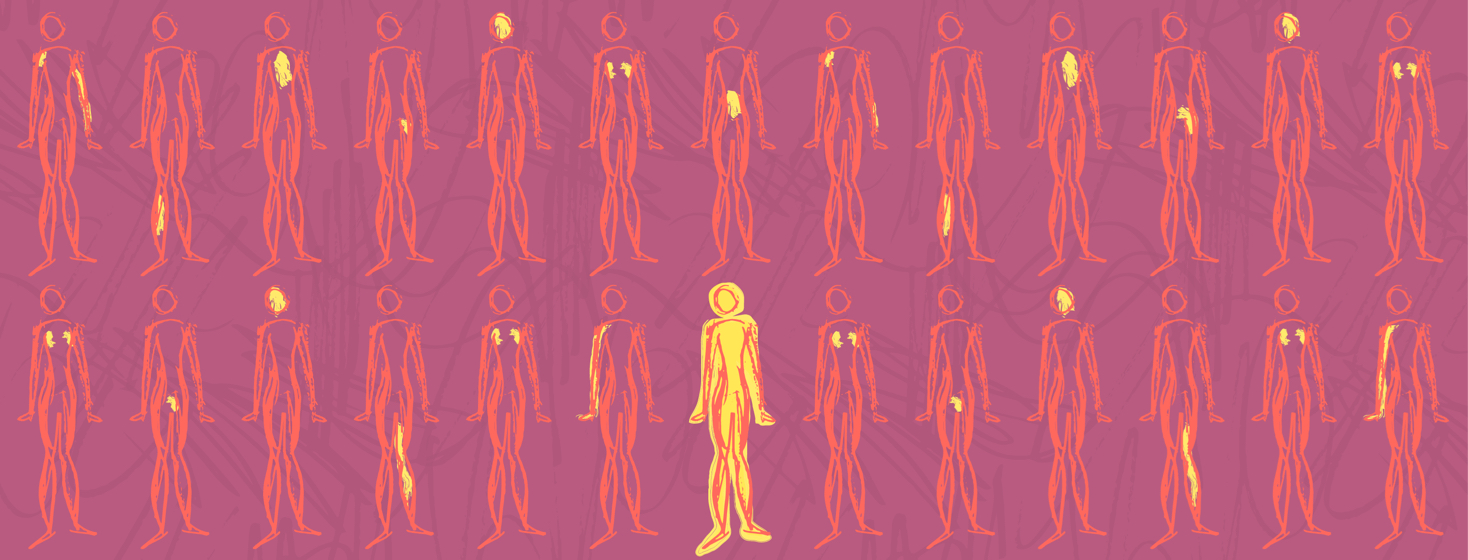Functional vs. Allopathic Medicine
First of all, let me disclose that I am not a medical professional nor am I a doctor. I have no formal medical training. What I am, now that I have a terminal diagnosis, is an avid consumer of the United States medical system. Everything in this post and any other post should be viewed through this lens.
What is allopathic medicine?
Allopathic medicine (aka allopathy) as defined by Wikipedia is a term which refers to "science-based, modern medicine, such as the use of medications or surgery to treat or suppress symptoms or the ill effects of the disease. There are regional variations in usage of the term. In the United States, the term is used to contrast with osteopathic medicine, especially in the field of medical education."
In other words, the traditional allopathic model of 1) take a history; 2) do a physical exam; 3) arrive at a diagnosis and 4) treat the symptoms, is what our Western medicine system is based upon. This is the model that most of us will encounter at each of our medical providers' offices.
Managing side effects with metastatic cancer
Yet, sometimes I wonder if there are alternatives, especially since the issue of dealing with side effects is huge in the metastatic community. It turns out there are other models. One such alternative model is the functional medicine model.
What is the functional medicine model?
“The Functional Medicine model is an individualized, patient-centered, science-based approach that empowers patients and practitioners to work together to address the underlying causes of disease and promote optimal wellness. It requires a detailed understanding of each patient’s genetic, biochemical, and lifestyle factors and leverages that data to direct personalized treatment plans that lead to improved patient outcomes.
By addressing the root cause, rather than symptoms, practitioners become oriented to identifying the complexity of the disease. They may find one condition has many different causes and, likewise, one cause may result in many different conditions. As a result, functional medicine treatment targets the specific manifestations of disease in each individual.”1
I’ve not met any oncologists who subscribe to a functional medicine approach. Most medical doctors are trained in the allopathic model and this model is the one traditionally accepted by insurance companies for billing purposes. Doesn’t mean it’s the best, it just means that’s what we have, that we are most likely to encounter a doctor who is immersed in the allopathic model.
What do the models mean for metastatic breast cancer?
I believe that one of the reasons (there are many) that many metsters don’t feel heard by their doctors is that the doctors are listening to for key pieces and once they have the data to be inserted into to the acceptable equation, they stop. I realize that this is a broad generalization that does not apply to everyone, at the same time, I believe that the allopathic model does not encourage doctors to listen and instead favors the doctor who can gather the information needed and prescribe medication quickly and move on.
The allopathic model is not patient-centered. It is my opinion that this model is not best equipped to handle the needs of a terminal patient.
Finding the right treatment plan and options
The answer I’ve found in order to make sure I’m getting the best of both worlds is to ensure that I’m seeing doctors immersed in both methodologies. Yes, the medical professionals who subscribe to a functional medicine perspective are most often not medical doctors, but there are some. When I have sufficient members of my team operating from a variety of perspectives who are talking to one another, then I do feel as though I’m attacking the cancer beast from every angle.
Comment below on the following questions when considering your current care:
- Do you feel heard by your doctor?
- Are there symptoms that aren’t being addressed completely?
- Do you have a medical team you trust?
- What’s missing from your care?

Join the conversation